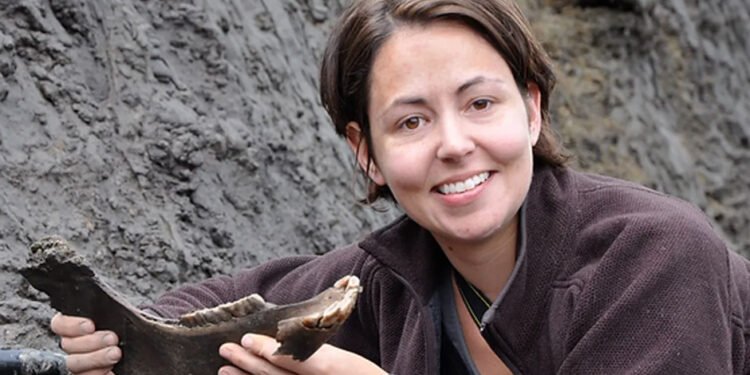Early Life and Family Background
Born on September 12, 1980, in a small Wisconsin town, Attles Levey is a well-known figure in the scientific community while not being well-known to the general public. Raised in an environment that stimulated the mind, Attles was the sole child of high school biology teacher Maria Levey and physics professor Jonathan Levey. His interest and love of nature were formed by this early exposure to the scientific world, and it set him on the path to make important contributions to the field of biology.
Education and Academic Pursuits
Attles was a very gifted student who showed an early interest in the sciences, especially biology. He attended the University of Wisconsin-Madison to seek a degree in biological sciences after graduating as valedictorian from his local high school. His research prowess and unquenchable curiosity during his college years led him to take part in multiple studies that served as the basis for his subsequent work.
After earning honors in his bachelor’s degree, Attles was admitted to Harvard University’s esteemed Ph.D. program, where he focused on genetics and molecular biology. He became well-known in the academic community for his doctoral thesis, which examined gene expression in uncommon plant species. This work demonstrated not only his potential but also his distinct approach to biological research, which blends cutting-edge methods with conventional approaches.

Career Beginnings and Challenges
After earning his Ph.D. in 2008, Attles Levey faced the challenge of establishing himself in a field dominated by well-known names. Despite the fierce competition, he secured a postdoctoral fellowship at the Smithsonian Institution in collaboration with Harvard University, where he worked on a groundbreaking project involving the genetic mapping of endangered species. His work here was instrumental in developing new conservation strategies, particularly in preserving genetic diversity within small, isolated populations.
Attles did not, however, receive the same degree of acclaim as others of his contemporaries, despite his accomplishments. Because of his shy personality and tendency for working in the background, the general public frequently failed to recognize the achievements he made. Nonetheless, he was acknowledged as a bright thinker with a thorough understanding of biology by those in the scientific community who were aware of his work.
Contributions to Biology
Research on the gene expression of extremophiles—organisms that live in harsh settings like deep-sea vents and acidic hot springs—was one of Attles Levey’s most important achievements. His research in this field has shed light on the ways by which these species endure environments that would be fatal for the majority of Earthly life forms. Levey’s research, which uncovered the genetic secrets of extremophiles, has had a significant impact on biotechnology, as new industrial enzymes and medications are being developed using these species.
Apart from his research on extremophiles, Attles made significant contributions to the understanding of plant-fungus symbioses. His studies clarified the ways in which these relationships affect the growth and health of plants, paving the way for more environmentally friendly farming methods. The potential answers this work offers to improve crop resilience in the face of environmental stressors has made it especially valuable in the context of climate change.

Later Career and Recognition
Despite his low profile, Attles Levey’s work eventually began to gain recognition. In 2016, he was awarded the prestigious MacArthur Fellowship, commonly known as the “Genius Grant,” which is awarded to individuals who show exceptional creativity in their work and the promise for more in the future. This accolade was a turning point in his career, leading to more funding opportunities and collaborative projects with other leading biologists.
In addition, Levey started serving as a mentor for the upcoming generation of biologists by supervising PhD candidates and giving guest lectures at various universities. His hands-on approach to mentoring was marked by an emphasis on the value of curiosity, perseverance, and critical thinking in scientific research.
Net Worth and Legacy
Attles Levey’s estimated net worth as of 2024 is $1.5 million. This number, while not the highest in his industry, is evidence of his accomplishments as a scholar and researcher. Research funding, speaking engagements, and royalties from patents pertaining to his work on agricultural biotechnology and extremophiles are the main sources of his fortune.
Attles Levey may not be a household name, but his reputation in science is unquestionable. His contributions have paved the way for further research, especially in the areas of understanding the genetics of survival in harsh settings and the significance of plant-fungal connections in ecology.
Conclusion
Even though Attles Levey is not well-known outside of the scientific world, his contributions to biology have had a significant influence. His love of learning about the natural world has motivated him to conduct research that has produced findings that will influence biotechnology and conservation in the future. Levey proves that one does not need to be well-known to have an impact in the scientific community; for those who see past the headlines, she is a quiet but formidable force.












